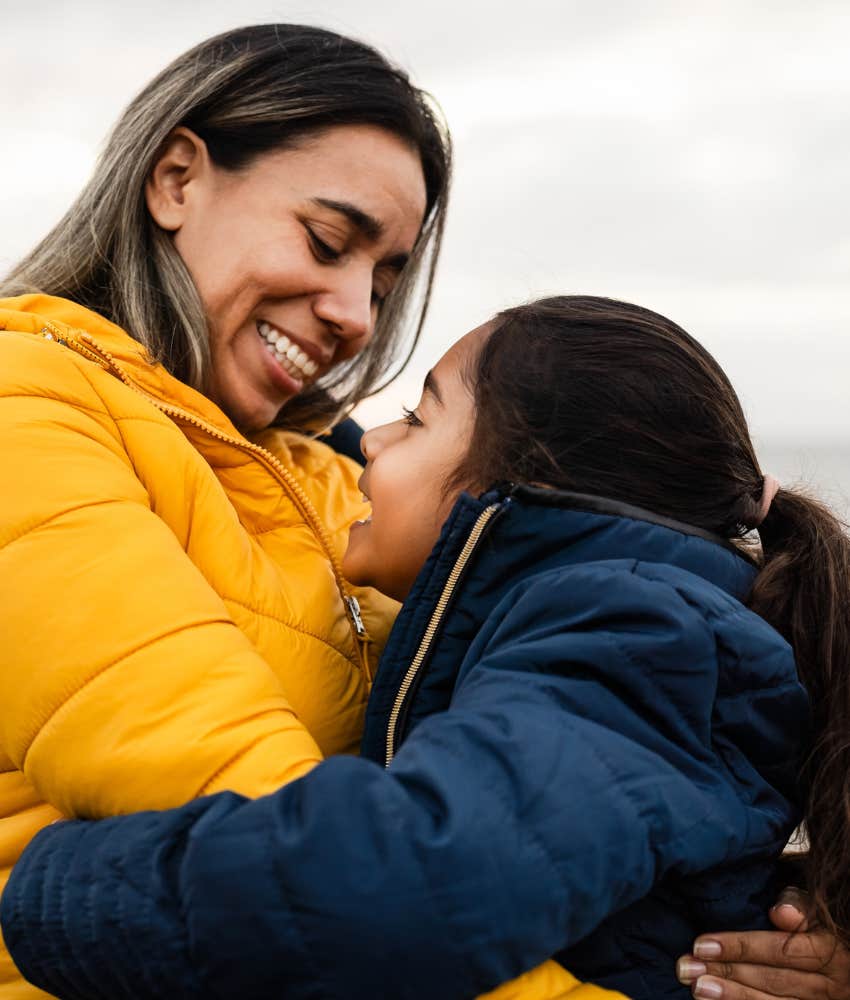You're Probably A Natural Leader If Your Parents Made You Do These 10 Things As A Child
You don't have to master these in order to be set for life.
 Jacob Lund | Canva
Jacob Lund | Canva Growing up, group activities were an incredibly important part of my childhood and adolescence. It was where I formed bonds, valued relationships with positive adults, gained a sense of confidence, and created and achieved goals.
I loved track, cheerleading, and cross country. I never went on to play sports in college, nor was I offered any scholarships, but the lessons from these activities stuck. If you feel like a natural leader, your parents probably empowered by teaching you a few valuable lessons.
10 things parents make kids do that help them become natural leaders
1. They made you play sports.
There aren’t many other places, besides on the sports field, where kids get to learn how to take turns, wait their turn, keep their head held high when they lose, congratulate others for their win, learn to pass, and not want all the glory for themselves.
Today’s kids are taught in school that to succeed in tomorrow’s workplace; they will need to be able to work in groups- it is a 21st-century skill that we have to teach our children- doing so on a team is one of the best places kids can learn the art form of teamwork.
2. They let you lead.
 JLco Julia Amaral | Shutterstock
JLco Julia Amaral | Shutterstock
Think about it: where else in childhood do kids get to lead other kids in healthy, effective ways? It is a rare opportunity off of the field.
Natural-born leaders need outlets to lead, and kids with undeveloped leadership abilities need to see other kids (not adults) in those positions.
They need to figure out who they want to follow and who they want to learn to lead.
The great thing about leaders and captains of teams is that they have typically earned those roles, and others recognize that. It is something that other kids can aspire to.
At most developmental transitions in life, everyone needs to know when to lead and when to follow- there is simply no better place in childhood to learn those lessons than in sports.
3. They taught you to lose gracefully.
If you read up on what we currently know about what contributes to happiness and success in children, you will find that failure and empathy are at the top of the list. I don’t mean getting a “b” on a test, I mean straight up failing.
Not perpetuating a culture of winners and runner ups, I mean winning and losing.
Off the field, this generation of parents wants to shield kids from failure, doling out responsibility elsewhere and never wanting their kids to lose. This has created that entitled generation that we all also complain about.
Simply put, kids have to learn to lose; they have to know they aren’t the best, and in turn, they will work harder and become more resilient.
4. They instilled a sense of belonging.
We know that being a member of a team gives kids a positive identity. All kids want is to belong, they want to spend time with and be like their friends as it provides them great comfort and security.
The research shows that kids who belong to a team, including those wearing the same uniforms, are able to form stronger peer relationships and make better choices when it comes to high-risk behaviors down the road.
They also tend to associate with like-minded peers and focus more on academics.
5. They got you moving.
 Ground Picture | Shutterstock
Ground Picture | Shutterstock
Yes, I know this seems obvious, but I want you to pause to think about how sedentary kids’ lives have become as a society.
Video games, watching TV, and screen time dominate how children spend their time. Long gone are the days of playing outside for 12 hours, running, climbing, swimming- being carefree. For some kids, even gym or physical education in school is a thing of the past.
So, organized team sports provide some kids with the only real exercise they will get all day which in turn keeps them healthier, may help them make more positive food choices, improves their mood, and helps them learn better.
6. They built your discipline.
There are a lot of little details that add up to learning discipline.
Kids who play sports have to manage their uniforms, make sure they know where to be and when, say no when asked by friends to do other things, and, in some cases, maintain good grades to play on the team.
Many of these little things add up to having greater self-control and a higher likelihood of making responsible choices in the future.
8. They boosted your brain power.
Repetitive motions in exercise have mounting evidence that they not only improve overall brain functioning but particularly impact executive functioning.
Executive functioning is crucial to a child’s development and includes the ability to plan, focus, control impulses, sustain attention, self-regulate, organize, and complete tasks.
Sound like the issues your ADD child is dealing with? They are because attention issues in children affect 11% of the US population; this is a figure that has nearly doubled over the past decade.
These kids, in particular, need to be exercising on a regular basis, and they could also be getting all of the benefits of team sports.
8. They elevated your self-esteem.
 AlessandroBiascioli | Shutterstock
AlessandroBiascioli | Shutterstock
Most parents want their children to feel positive about themselves. One of the ways that can happen in true form is for them to have a sense of accomplishment.
The child needs to actually succeed and receive deserved praise for their success rather than parent praises that rarely translate into healthy self-esteem.
The confidence they get from their own achievements in sports fosters a sense of self-worth and autonomy that cannot readily be found elsewhere.
9. They connected you with mentors.
If you are lucky, you have fond memories of an adult outside of your immediate family that was influential in your life. For many kids, this is a coach or a teacher.
It is healthy for kids to experience a healthy bond with an adult who helps form their character, who is there to encourage them, and expects failure to be a part of their growth.
This attachment has been shown to translate later on in life to be better able to attach to other adults.
10. They made time for family.
 Ground Picture | Shutterstock
Ground Picture | Shutterstock
Last but not least, some studies suggest that kids who do sports actually spend more time with their family.
This may seem hard to imagine because we envision shuttling kids around a lot, but the amount of time that American parents spend with their children is so incredibly low these days that the time in the car should be precious.
It is a good time to talk about things other than the game, it is a good time to talk about friendships, upcoming non-sports related plans, and anything else your kid may want to get off their chest.
I consistently hear from kids that they don’t want to be “coached” by their parents to and from games.
They don’t want to have a post-game lecture on the drive home (especially if they lost or didn’t do well) so take advantage of the time you do have with your kid to connect and be present.
Dr. Sheryl Ziegler is a mother, Doctor of Psychology, speaker, and author of Mommy Burnout: How Addressing Yours Will Make You A Better Mother And Create A Better Life For Your Children.
